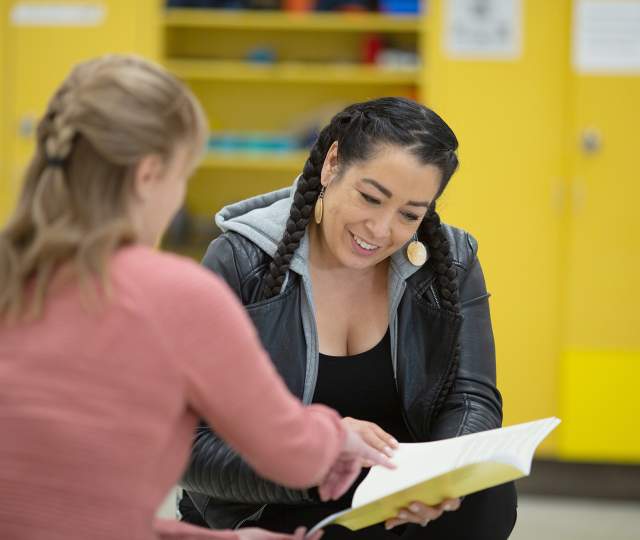Social worker education & certification
Social workers have a minimum of a Bachelors Degree from an accredited university, and the knowledge, training and skills to help you manage life’s most difficult demands by conducting assessments, and offering support, counselling, resources and referrals.
In addition to their education, all social workers within any B.C. health authority must register with the B.C. College of Social Workers (BCCSW), which protects the public interest by establishing and supporting high standards for qualified registered social workers.















Social work overview
Social work is a person-centered profession dedicated to improving the health and well-being of individuals, families and communities. Social workers help people in every stage of life, from newborn to seniors, to realize their potential, and enjoy full, active and creative lives.
Social workers align their practices with our strategic direction to provide culturally safe and inclusive services. Together, we support a culturally safe work environment and deliver culturally competent care.